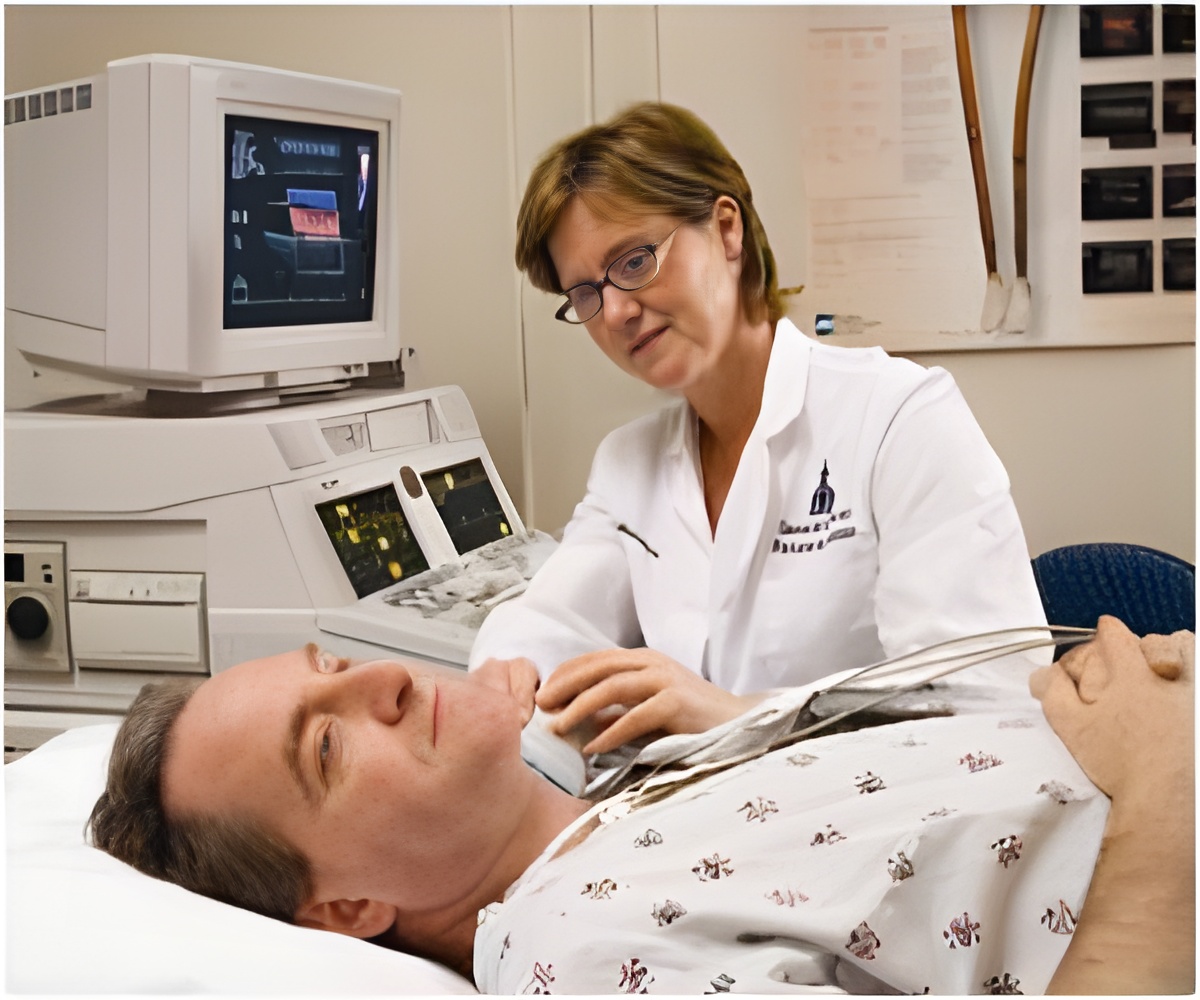Currently, healthcare expenditures account for 18% of the United States Gross Domestic Product (GDP).

"As the United States healthcare system shifts from one that rewards and incentivizes volume and intensity of services delivered to a more value-conscious payment and delivery system, orthopaedic surgeons will increasingly need to understand and implement the principles of value-based healthcare, " said Dr. Bozic, orthopaedic surgeon, health policy researcher, and senior author of the study. "Our manuscript outlines some of the key principles and strategies that will enable orthopaedic surgeons to collaborate with other healthcare stakeholders to improve the value of musculoskeletal care."
Key Findings
• Value in orthopaedic surgery is most effectively defined as health outcomes per dollar spent. A patient-focused definition of value benefits all stakeholders in musculoskeletal care.
• Value can be measured by understanding patient outcomes (including disease-specific patient-reported outcomes as well as generic health-related quality of life) and the cost of care across the entire continuum of musculoskeletal care.
• Calculating costs can be challenging. Popular cost-accounting methods in orthopaedics include standard cost accounting and job order cost accounting. Time-driven activity-based costing holds great promise as a model to fully capture the cost of care.
• Orthopaedic surgeons will need access to efficient tools for measuring and reporting both outcomes and costs in real time in order to use this information in medical decision making.
• Collaboration across various disciplines both within and outside of orthopaedics is essential in order to operationalize valid widespread outcome assessment and transparent cost accounting.
"Medical practice around the world is changing rapidly. Aspects of patient care that historically have been costly in terms of dollars spent and adverse events incurred are coming under much greater scrutiny," explained Thomas A. Einhorn, MD, Editor of JBJS Reviews. "While many have suggested that an emphasis on value may be an effective way to control costs in health care, the value framework is poorly understood. This article clarifies many of these concepts and provides a basis on which orthopaedic surgeons and trainees can understand important issues for the future of orthopaedic practice as the rapidly changing environment surrounding us continues to take hold."
Source-Eurekalert









